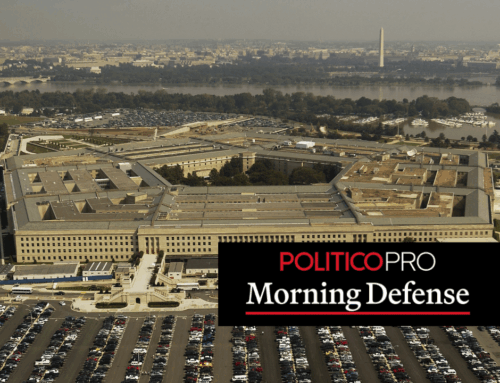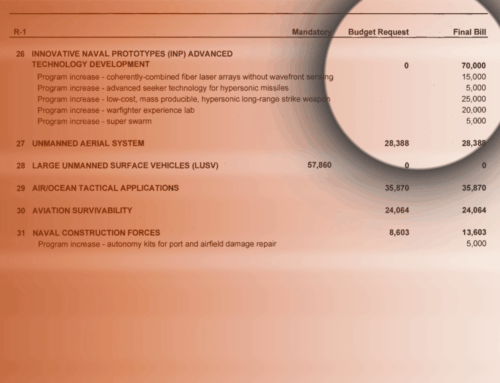When people talk about federal deficits in this town, verbs like “record” and nouns like “crisis” usually dominate the airspace. In response to this “crisis,” President George W. Bush announced last year that his administration had a plan to reduce the deficit (crisis) in half in five years. In a futile game of one-upmanship, Senator Kerry, during his speech to the Democratic convention last August, promised that he would half the deficit in just four years.
This week, the Congressional Budget Office (CBO) announced that because of higher than expected federal tax revenues, especially in April, this year’s deficit is expected to be “only” $350 billion, down from the CBO’s previous estimate of $394 billion.
Taking advantage of this ‘good’ news, House Budget Chairman Jim Nussle (R-IA) claimed that “our policies and budget have helped the economy grow, and thus helped reduce the deficit. The budget we just passed will allow these policies to continue, and further our progress in reducing the deficit.”
Unfortunately, that isn’t entirely correct. The claim that the recently passed budget resolution reduces the deficit is misleading. The budget resolution increases the deficit by cutting revenues faster than spending by $168 billion over five years. In fact, the deficit would shrink faster if Congress did absolutely nothing.
Lawmakers waste no time claiming credit for these kinds of political ‘good news’ stories, regardless of whether or not they have a legitimate claim. With the deficit swelling, it’s politically expedient for elected officials to look as though they are doing something about it, but the truth is that very few are.
Unfortunately, politics and actual true fiscal responsibility don’t really mix. Or they don’t yet.
Any economist worth his salt is now telling us that swelling and sustained deficits pose significant dangers. Alan Greenspan recently cautioned that continued deficits would cause economic stagnation or worse. However, politicians don’t want to make the hard decisions to truly take a bite out of deficits. Main Street politicking is about saying yes, yes, yes and never no.
Voters are rarely concerned with deficits because it is difficult for many to grasp the real personal impacts of the deficit on their daily lives. Until citizens see blood in the street, so to speak, most lawmakers will continue to get away with deficit murder. Only when interest rates skyrocket or the dollar walks the proverbial plank will Americans demand real action.
Aside from a few notable exceptions, there are few lawmakers who are interested in getting the nation’s fiscal ship in shape. True fiscal restraint requires lawmakers to get used to saying the word “no” and starting to make tough political decisions.
Only when lawmakers can start getting serious about deficits without regard for their usual political interests will we see serious action. Democrats will have to look at waste in social spending, and Republicans will have to reevaluate big weapons projects and waste at the Pentagon. Until then, we are stuck with hot air, empty sound-bites, and inaction when it comes to the fiscal health of our nation.










